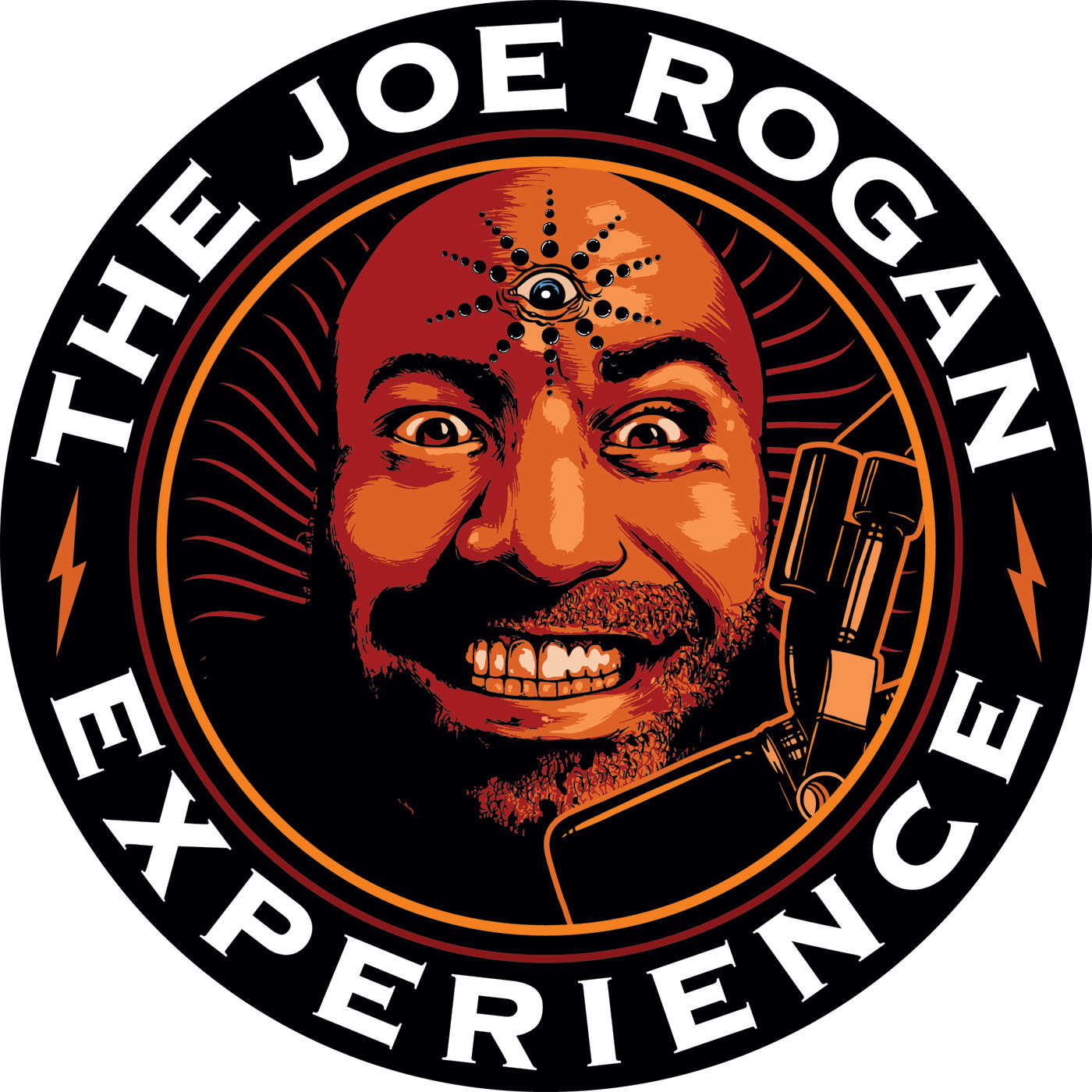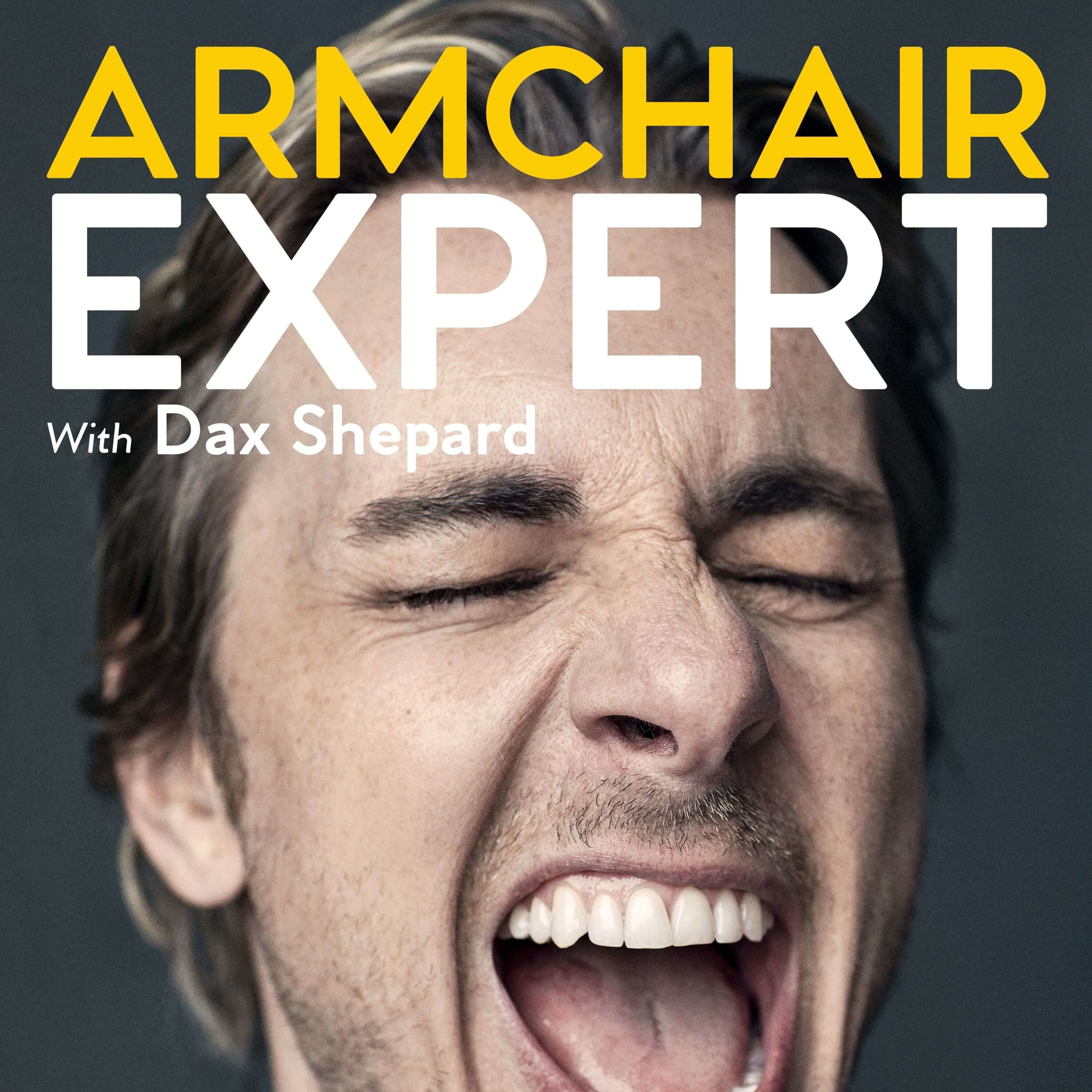Introduction to Economics: Part 7
Introduction to Economics: Part 7
Deficits are equal to expenditures minus taxes. Reagan spoke of cutting government spending, but meant only cutting the ... Read more
9 Jan 2010
•
Introduction to Economics: Part 2
Introduction to Economics: Part 2
Rothbard continues the Crusoe analogy. He covers subjectivity of value, and the concept of marginal utility.Part two of ... Read more
9 Jan 2010
•
Introduction to Economics: Part 6
Introduction to Economics: Part 6
What causes business cycles? Keynesians say the cycles happen because the free market economy does not spend enough. Thu... Read more
9 Jan 2010
•
Introduction to Economics: Part 3
Introduction to Economics: Part 3
Rothbard considers how prices are determined by supply and demand on the free market. All long shortages are caused by g... Read more
9 Jan 2010
•
Introduction to Economics: Part 4
Introduction to Economics: Part 4
Costs are always ex ante. There are no such things as social costs or social benefits. Costs are determined by how much ... Read more
9 Jan 2010
•
Introduction to Economics: Part 5
Introduction to Economics: Part 5
The entrepreneur is the major risk bearer. Business return on capital is long run profits or losses. Real rate of intere... Read more
9 Jan 2010
•
Introduction to Economics: Part 1
Introduction to Economics: Part 1
Starting with Crusoe economics, Rothbard builds the economic concepts which can be developed by this analogy.These conce... Read more
9 Jan 2010
•







